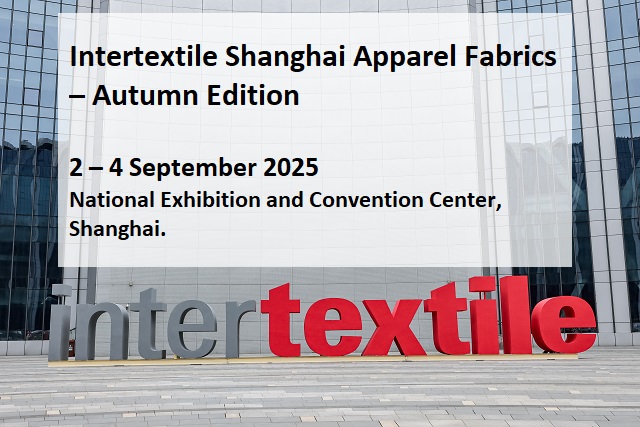The Ministry of Industry (Kemenperin) has made the Textile and Textile Product Industry (TPT) one of the development priorities in the Making Indonesia 4.0 Roadmap. The development of the textile industry through industry 4.0 aims to increase the competitiveness of the domestic textile industry by utilizing technology capable of producing clothing textiles and textiles for more specific needs. The Ministry of Industry explained that the textile industry has a strategic role in national development. The competitiveness of the textile industry in the country is supported by an industrial structure that has been integrated from upstream to downstream, and is increasingly competitive with high domestic demand and exports.
The textile industry also contributed to absorbing a workforce of 3.65 million people based on data in August 2021.
Historically, Indonesia's modern textile industry began with the establishment of Textiel Inrichting Bandoeng (TIB) in 1922. This means that it has reached one century or 100 years in 2022.
"TIB is the forerunner of industrial service institutions within the Ministry of Industry, namely the Center for Standardization and Textile Industry Services which is also located in Bandung, which also provides the oldest textile vocational education in Indonesia, which is now called the Polytechnic School of Textile Technology (STTT) Bandung, "explained the Minister of Industry Agus Gumiwang Kartasasmita in Jakarta, Thursday (14/7).
The Minister of Industry continued, the 100-year journey of the textile industry in Indonesia is a moment to continuously improve the performance of this sector. In a mature age, the textile industry is expected to continue to grow with innovation through new application spaces and new ways of manufacturing processes.
The textile industry is also faced with environmental problems that encourage the application of a circular economy through the concept of sustainable textile and fashion.
The Ministry of Industry continues to strive to improve the competitiveness of the textile industry through various efforts. In 2022, the Ministry of Industry will continue the program of providing engine price discounts. To date, there are 10 textile and textile industry companies that have taken advantage of this program through the Agreement for the Granting of a Rebate Reimbursement (P4H).
For 2022, the Ministry of Industry will focus on providing incentives to purchase machines for the fabric improvement industry and the fabric printing industry, as well as on machines/equipment with 4.0 technology such as artificial intelligence, internet of things, augmented reality/virtual reality, advanced robotics, 3D printing and machine to machine communication.
"This is so that the textile industry companies can use machines and equipment that are more modern, efficient, energy efficient, and more environmentally friendly," continued the Minister of Industry.
To support increasing the competitiveness of the textile industry sector, the Ministry of Industry contributes to the creation of trained and competent industrial human resources (HR), one of which is through vocational education.





